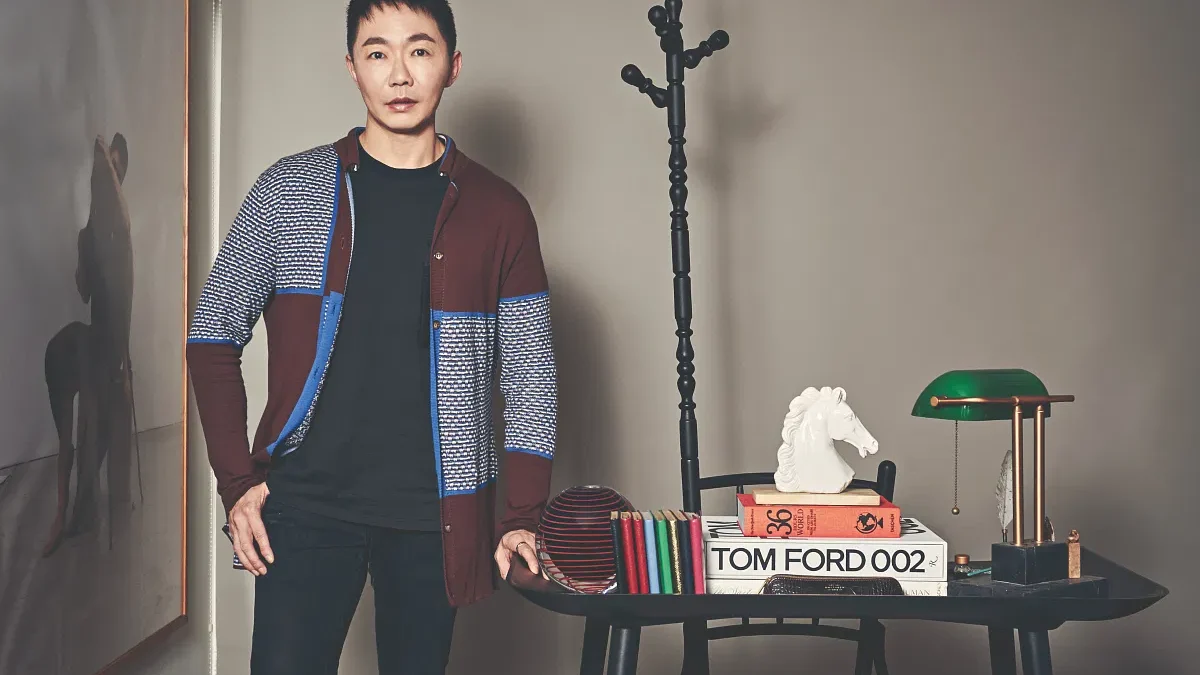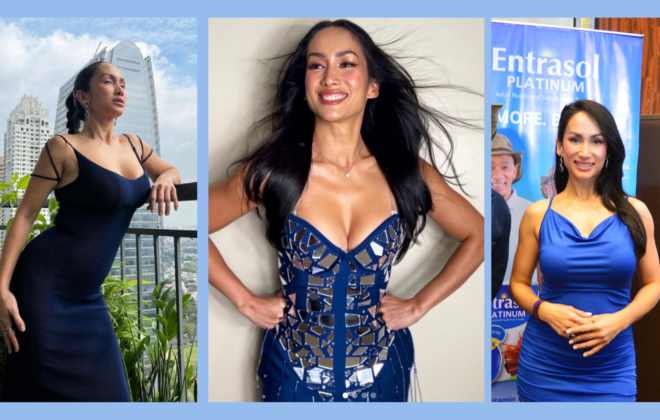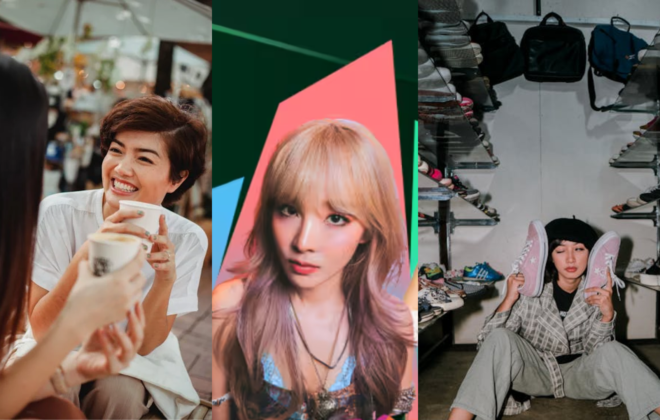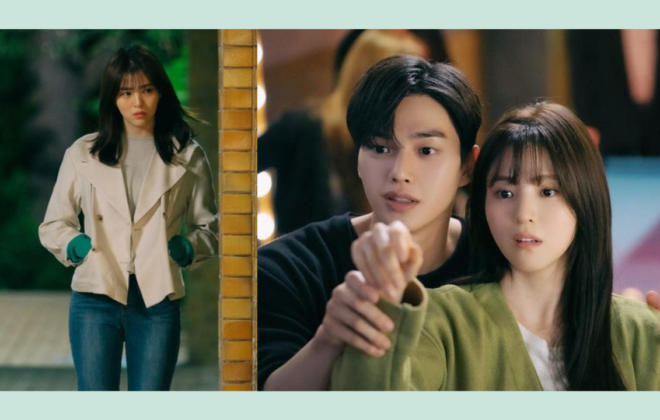Style Visionary Exclusives: Smthgood Founder Tony K Tan on Leading a Purposeful Fashion Business
Manila, Philippines — Sustainable fashion has proven to be more than just a trend in style these days, as corporate companies and customers alike are getting more and more drawn to eco-friendly fashion products. Smthgood, a Singapore-based shopping app has definitely elevated the practices of sustainability in the fashion business with its business model and offerings.
New profit-for-purpose fashion platform Smthgood was launched in January this year, meant to cater to Asian women who are rapidly becoming more into sustainable fashion pieces. Billed as the first of its kind in the Asian region, Smthgood is an online marketplace for eco-clothing brands, with information per brand readily available about how garments are made, the impact on communities and on the environment.
The sustainable shopping app was founded by Singporean bank financier Tony K Tan, with an aim to appeal to female shoppers who are increasingly concerned about the environment and social footprint of the garment industry.

“I’ve always been actually into banking. In fact, I’ve been banking for close to 20 years. But I guess the pandemic really has a way of giving us a lot of epiphanies, just got us to think differently,” the founder of SMTHGOOD shared in an exclusive interview with Stylish Magazine via Style Visionary Network.
“So for me, it was about kind of revisiting the previous interest that I have always had, which is social entrepreneurship. For me, I’ve always believed that we should be able to combine doing good and making profit,” he added.
“That’s what led me to think about something good. We are a profit-for-purpose company and a social commerce company that combines with a fashion marketplace. Obviously, doing well economically is important, but as important as really as to do good. We really want to play a part in thinking through how we can actually, you know, increase the awareness and better the buying behavior of fashion customers towards a more conscious-driven choice or decision.”
Tony shared the humble beginnings of his shopping app. “I think we took a very methodical approach before we got this far. It’s really about research, and understanding what the trends are. And I think based on our research, we really see that the movement towards making better choices. Based on an IBM Institute of Business Value survey, people who are buying based on purpose — or what we call purpose-driven buyers, those who are buying quality values behind the brand– are at 43% of the respondents of their survey.”
He added, “And then people who are buying based on price is about 37%. So it was a 2022 survey. So last year was the first year that they see that change. If you look at this survey a few years back, people who are price-conscious is about 30 to 34%. And then people who are value-conscious and purpose-driven, it’s lower at about 32%. You see that change. People who are driven by purpose have actually increased over the years. So definitely I think people are keen to buy more consciously.”
When asked why he laser-focused on fashion when it comes to his enterprise, he got this to share:
“When I think about fashion, there are two aspects of it. Again, coming back to my point of doing good as well as for profit, the for profit part is very simple. It’s pure math. Fashion is a very large industry and women’s fashion is a very, very deep, and vertical root within the fashion industry. So in terms of numbers, it is a big number, right? And then for the do good aspect of my consideration is that there’s a lot of white space in fashion to do better, don’t you think?”
“There’s just so much pollution if you buy certain things. It’s just a water-consuming industry, so there’s a lot of things that can be done better– from sustainability to environment, to empowering the community without actually making a quote.”
“So that’s what I mean by the ability to actually combine both doing good and making profit. And these are the two considerations that led me to fashion business, particularly women’s fashion. Like I said, because it’s such a deep and wide vertical segment of the business,” he said.
Something Good
“Our social fashion marketplace work with brands in Asia Pacific, and these brands will come on board to actually sell on our platform,” Tony explained. “Most of these brands are small to medium size and they come from key countries such as Singapore, Philippines, Australia, Indonesia, Thailand, Hong Kong. So these are small, medium-sized brands.”
The founder also shared that Smthgood also features a virtual styling tool called ‘The Lookbook’.
“Basically, you think of it as a collage-making tool. You can actually use the items from a marketplace to put on, to then create these fashion mood boards. You can use stickers, or you can change the background, or you can even change the font. Basically, you can kind of play around with different things (or outfits) on the platform.”
“And then you also can look at the lookbooks that other people in the app have developed, so that you can get inspiration. So the more interesting thing, is for example– you create the lookbook using items for my marketplace, and from the brands that I have created in this lookbook. If I look at your lookbook, and I say that I want to buy that beautiful bag that you have put in your lookbook, I can buy it. And each lookbook is shoppable. And when I buy from your lookbook, you get cashback coins. It is not crypto money, just giving people rewards online in our app,” he said.
“We want to really create the community for people to have fun, for them to get to know each other. We want to make it worthwhile for you to do it because it can be a side hustle.”
“Above all, our customers get to discover that the things that they can look good in, is actually conscious fashion, or eco-friendly fashion. I don’t want to just tell them to buy conscious fashion, I want them to discover that,” he said.
A More Conscious Direction
“When I started this journey, I feel that it’s quite confusing. There’s a lot of information out there. So I took a step back to really think through, to try to simplify it.”
“So I went from the origination of the product to the end. So if you think about the form of carbon footprint perspective, it starts with ‘how is your item made?’ and then think about the sustainable materials, or it can be made from recycling or upcycling.”
“The second requirement to be called sustainable fashion would be ‘how is it made?’ or is the brand doing it ethically? Are you handmade? Because small batch and handmade are very low in carbon footprint. So that is more erth-friendly.”
“The third key thing that we look at is empowerment, or the impact of the final product. There are brands out there that really try to make a difference to the community around them. There are brands out there who are more style-inclusive. You know, there are more that are inclusive at diversity, so we can look at that as well.”
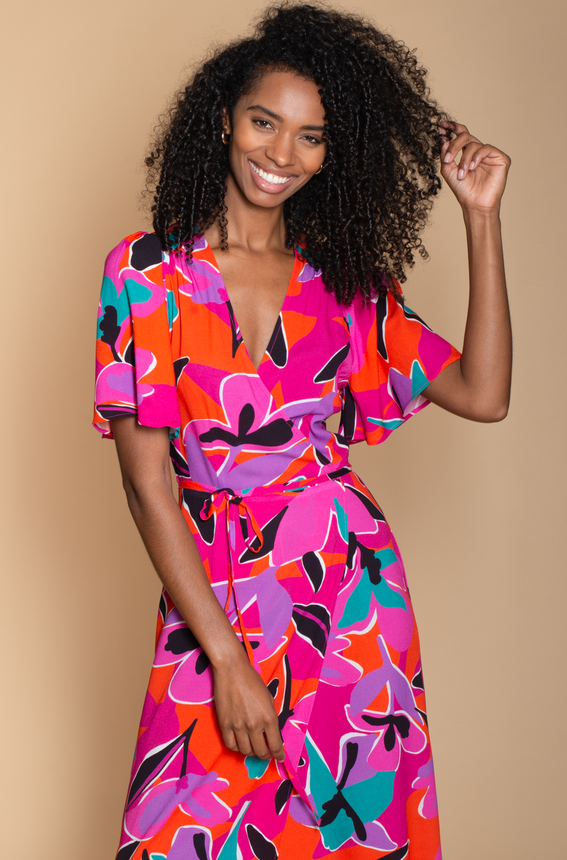
“We then did a research, you know, to look at brands all over Asia Pacific and then to see if they fit in one or more of this criteria, and if they fit the price point. Because we are looking at about 20 USD or 200 USD, a more a broader range. But we know we are not looking at 500 USD or 1,000 USD. So arguably the term affordable is very different in different countries. But we try to position ourselves that the products we have fit in a budget that will not break the bank (of customers). And obviously, we want brands that are more stylish in nature because people have a misconception that sustainable brands are boring. But they can be stylish, too.”
“In conclusion, we can do better in different ways, in many ways– small ways, big ways and ways that we are so used to. And shopping is something that we’re not going to eliminate. We’re never ever going to eliminate fast fashion. People will buy fast fashion of course, but we can co-exist. But if someone from the brands can just make that small decision to incorporate conscious buying in their services, then they’re making a small but incremental difference to the environment, right? We just need to increase awareness and the market share of conscious buying in the business of fashion,” he stated.
You may buy eco-friendly fashion at www.smthgoodco.com.
